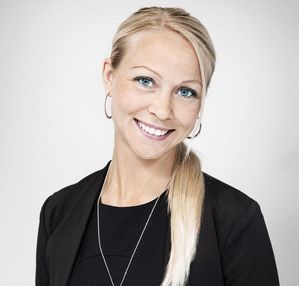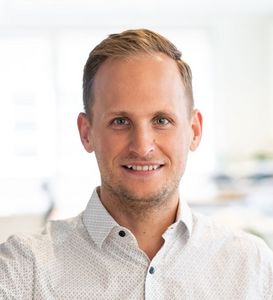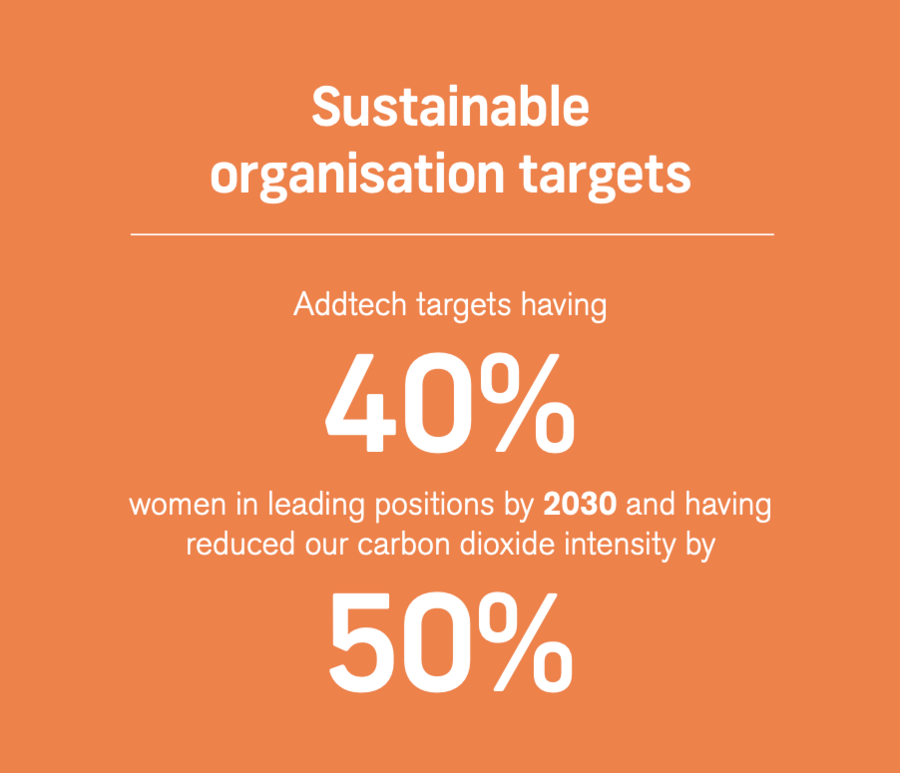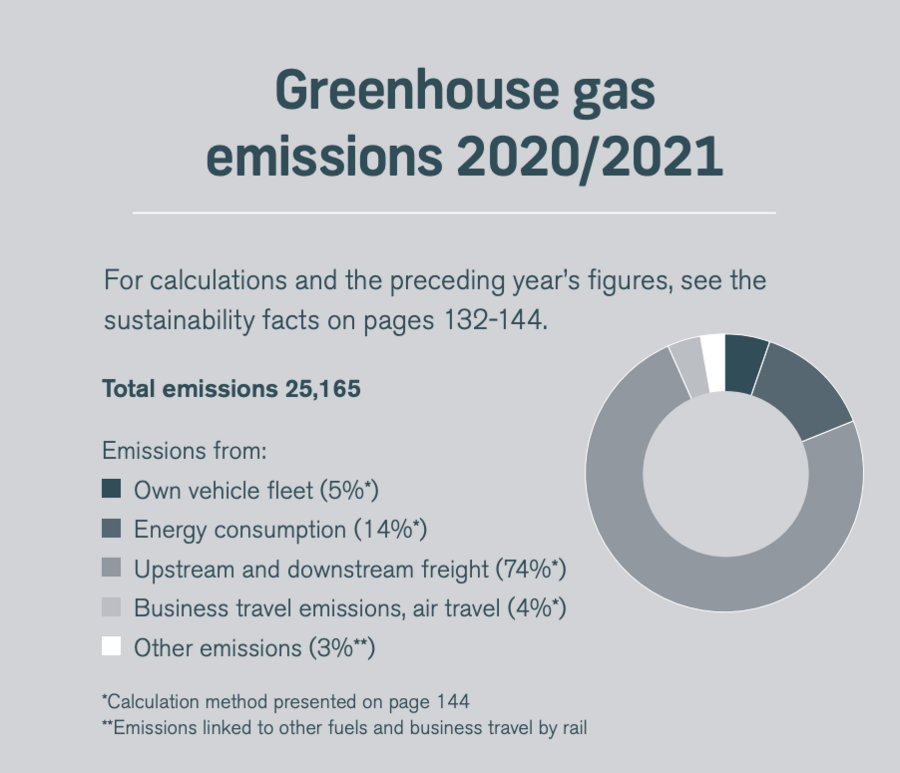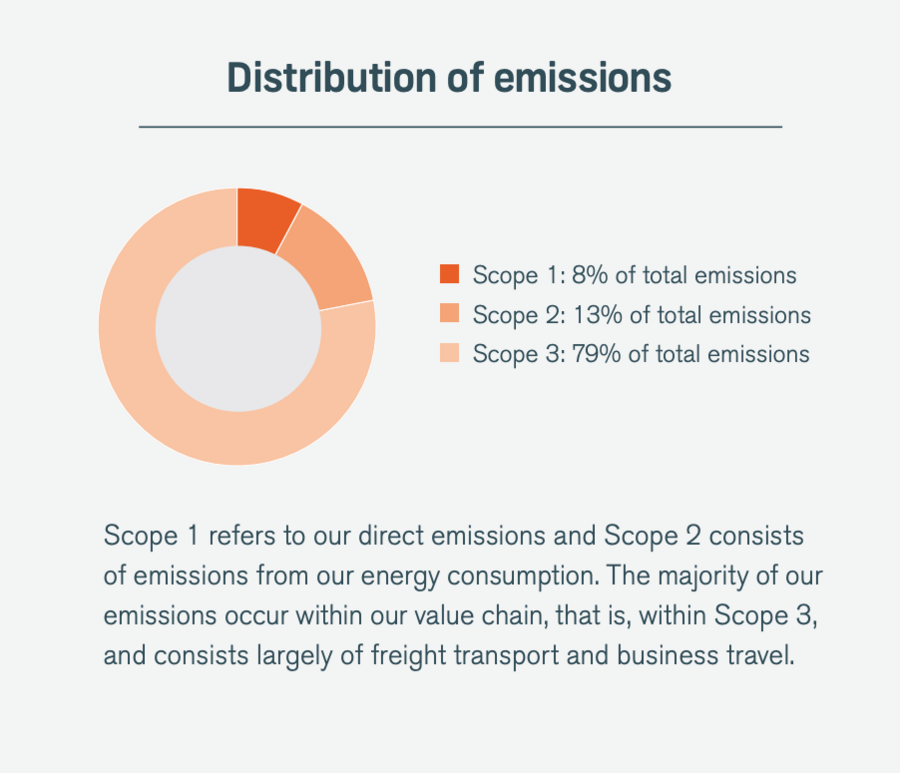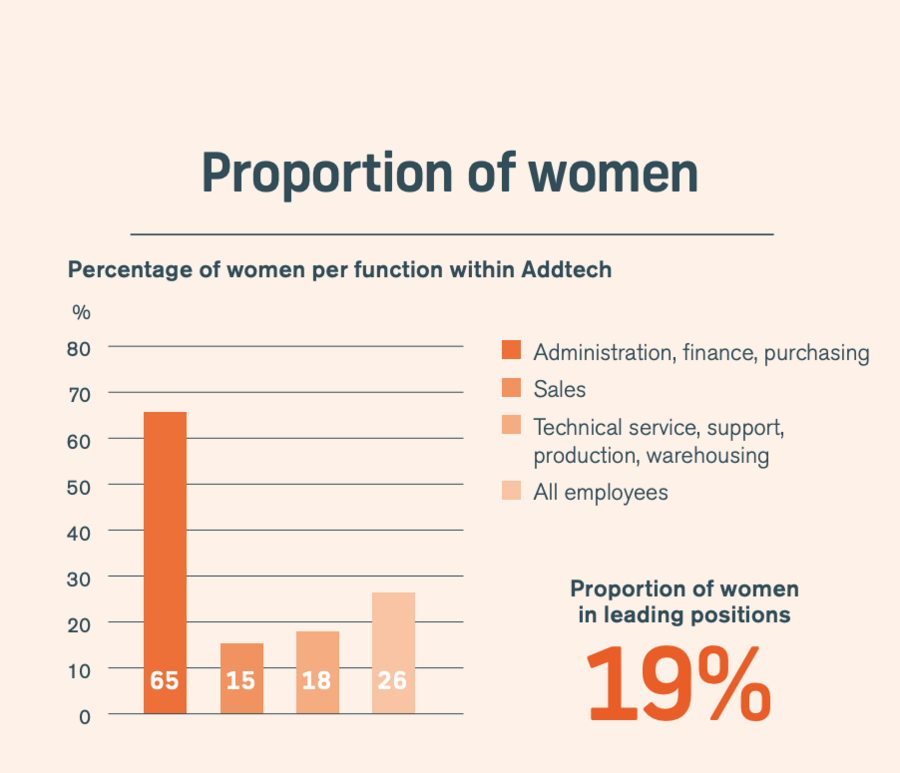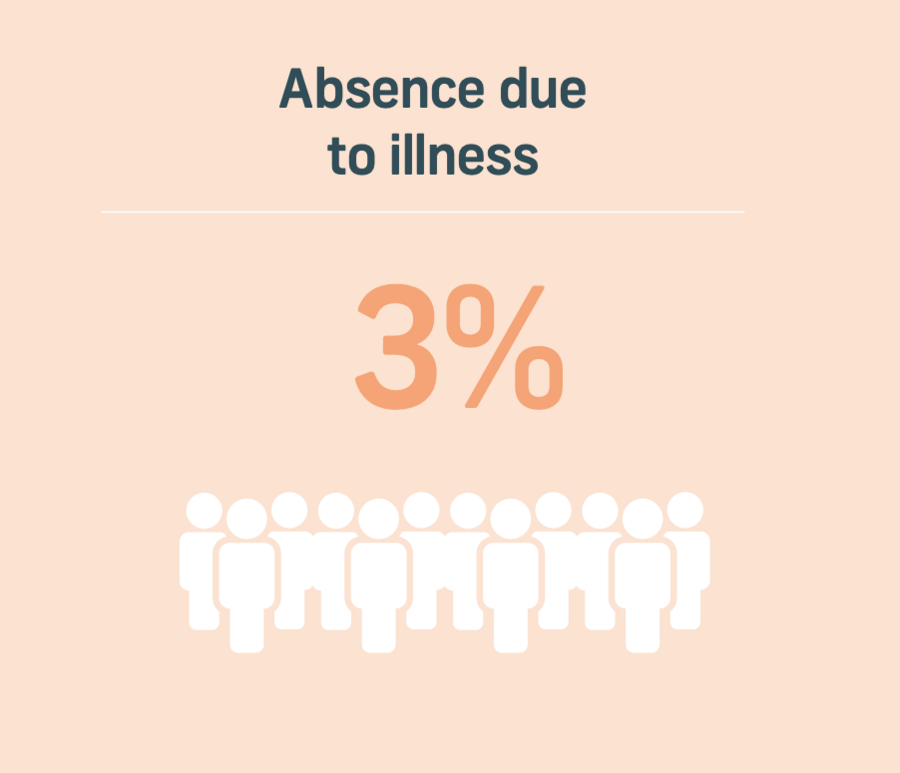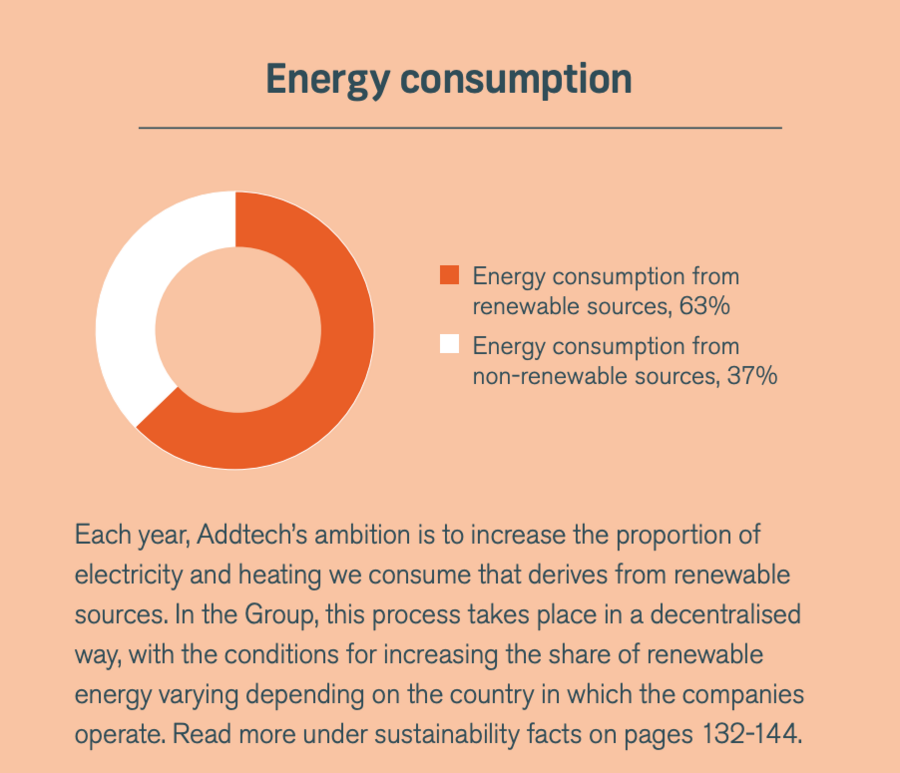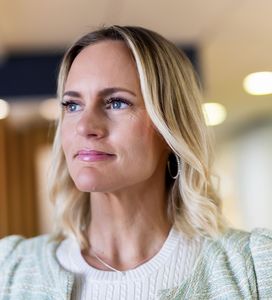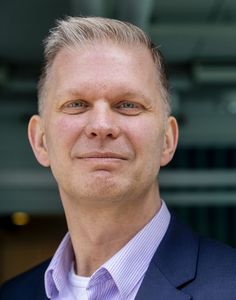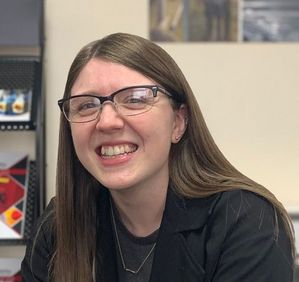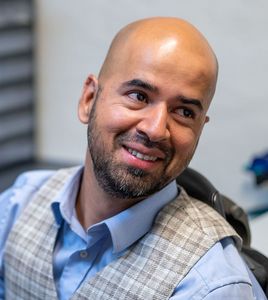SUSTAINABLE ORGANISATION

SMALL SCALE BUSINESS, LARGE SCALE WISE
The best business decisions are made by people who live close to the market, which is why Addtech is fully entrepreneur-oriented so that our companies can focus on their business and develop their operations in a sustainable direction.
Entrepreneurial spirit and a small-scale approach are part of Addtech’s DNA. We have a highly decentralised organisation in which the subsidiaries have great freedom to act independently. There is room here for the entrepreneurial spirit, flexibility and efficiency of the small company. At the same time, each company bears considerable responsibility for meeting high expectations in terms of earnings growth and profitability, and for pursuing its operations in accordance with our Code of Conduct.
Addtech’s success is based on a clear organisational structure, clear targets and our core values. The organisation is flat and decentralised. Our unique model is both large-scale and small-scale to foster optimal conditions.
“We’re not really that complicated. The guiding principle is that life should be easy for our companies, not for us at the head office,” says Malin Enarson, CFO at Addtech. We are working hard on our Group-wide culture, through which simplicity runs like a common thread.
A continuous close and constructive dialogue is maintained between the Group and the companies. The Group guides in matters relating to acquisitions, business development, accounting, financing, IT and data security and issues of sustainability. Addtech demands as little as possible from the companies with regard to reporting or other central directives. Instead, development plans are prepared in which the companies set targets for the future, particularly for sales and margins, but also those in which activities are also specified to advance our positions in important areas, including growth, profitability, digitalisation and sustainability. This is how the companies experience responsibility, as well as freedom, which is one of Addtech’s four core values.
Ultimately, our employees are those who make the difference. Our culture is largely built on the fundamental idea that if our employees grow, the business will also grow. Accordingly, the objective is to have the most satisfied employees in the industry. To achieve this, we offer individual development opportunities in an organisation that fosters diversity and equality.
One of our prioritised sustainability targets is to increase the proportion of women within Addtech. We believe the best teams are diverse in nature, with an even gender distribution playing an important part. Gender equal teams are often innovative and high-performing, while also optimally combining different perspectives and experiences.
“Although preconceived notions about women and technology probably prevailed in the past – I no longer perceive this to be a problem,” says Helena Benjamin, external sales representative at Stigab in Stockholm. “I have worked in the technology industry for 25 years and I feel that attitudes are gradually shifting in the right direction. My sales role at Stigab mainly involves project management, in which I act as a liaison between customers and suppliers. So, in addition to certain technical expertise, it is important to be able to build relationships, engender trust and drive projects forward.”
Stigab is part of the Components business area and offers components and customised solutions in areas such as joysticks, switches, sensors and EMC shields, as well as thermal materials. We have more than 3,000 products in stock and a product range including more than a million variants.
“Getting more women into the Addtech Group is certainly a challenge. But I feel the Group’s commitment to the issue is genuine and that there is a great desire for more mixed teams, to safeguard the appropriate expertise throughout the organisation. For example, I am part of the Group-wide AddQ network, which was set up to get more women to choose the sales profession as a career path within Addtech’s subsidiaries. As an external sales representative, I can hopefully inspire other women in the Group to dare take the step into a really exciting position,” says Helena.
”The Group’s commitment to the issue of gender equality is genuine”
Addtech’s Sustainable Organisation focus area envisions having 40 percent women in leading positions by 2030. Although we still have a long way to go, our ambition is definitely to achieve this target. One woman holding a leading position within Addtech is Carolin Burlin, Managing Director of Recab, which is part of the Automation business area. Recab currently has about 35 employees in Sweden, Norway and Denmark and offers products and solutions in areas such as industrial automation.
“Recab works with many of the current hot buzzwords in the technical industry: AI, Industry 4.0, Machine Learning and Embedded Computers.
You absolutely do not have to be a technical nerd to hold a leading position in the technology industry,” says Carolin. We must improve at highlighting female role models interested in technology. Of course technology is a broad concept encompassing an infinite number of products, solutions and tasks.
Recab is well on its way to achieving the vision of 40 percent women in leading positions. According to Carolin, 33 percent of the company’s management are currently women.
“For us, having the right skills and commitment within the company is crucial,” says Caroline. As the Managing Director of an Addtech subsidiary, I am absolutely certain that Group management’s support in pursuing the issue of gender equality is genuine. We must improve further in creating mixed workplaces at which women and men can contribute together to developing sustainable products and technical solutions.
Addtech analyzes its sustainability work in accordance with the UN’s global goals. Most of our subsidiaries already hold advanced positions in this process, simply because sustainable solutions and products generate business value. For us, reducing our climate footprint is a particularly important area. The ambition is to be able to offer high-tech solutions and products that last a long time and have a minimal impact on the environment.
Compotech works purposefully to mitigate its adverse climate effects in terms of, for example, emissions related to goods transports. The company is part of the Components business area and has suppliers and customers around the world.
”Our customers can choose the most climatesmart mode of transport”
“With the help of a carbon dioxide emissions tool, we have produced data that our sales people use right from the quotation stage in the dialogue with the customer,” says Alexander Lindblom, Product Manager Lighting Control at Compotech. The data allows us to quantify different scenarios and compare the extent of the carbon dioxide emissions incurred by air, road, rail or maritime transports. Customers take a highly positive view of this as it allows them to see and choose the most climate-friendly mode of transportation. That means not only what is most affordable – but what minimises carbon emissions.
Alexander believes that customers focus far more on sustainability today, and impose greater demands than previously, which he welcomes.
For Compotech, there has been potential for improvement precisely in terms of the company’s climate impact regarding CO2 emissions related to transport. An aspect for which it is now possible to have a strategy.
“When we convince the customer to choose to import a product from Asia by ship and truck instead of air, we are able to reduce emissions of carbon dioxide equivalents by up to 95 percent. In our calculation example, a 200 kg and 2 m3 transport from Shanghai to Solna, this entails a climate-smart saving of approximately 2.7 tonnes of CO2e. Compotech’s vision is to achieve net-zero CO2 future emissions and has identified that close cooperation and joint initiatives with customers as highly significant in attaining this.
“We can now see that many of our customers are ready to make this transition to more climate-efficient transport alternatives,” Alexander concludes.
